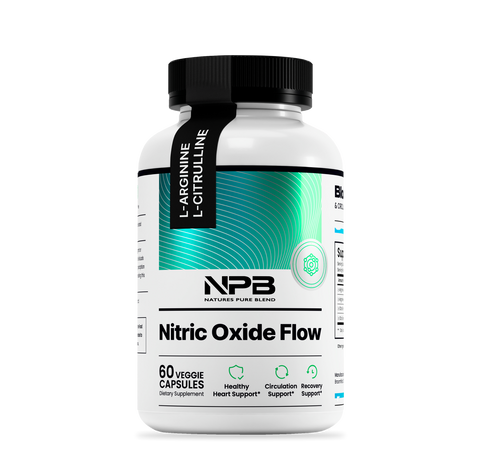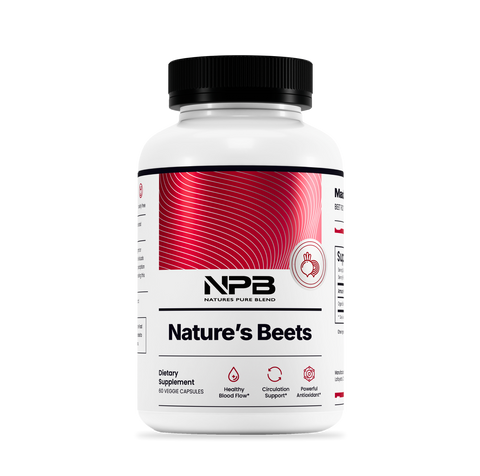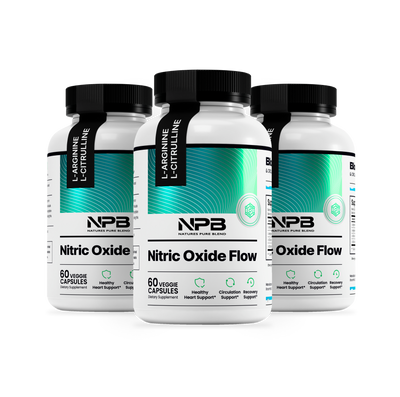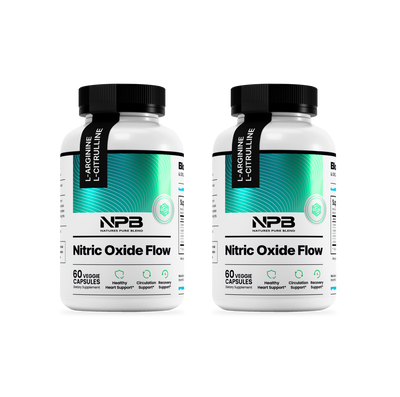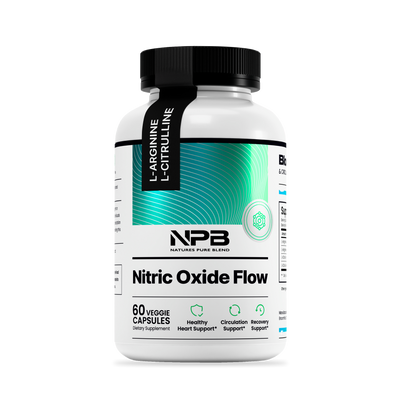Your cells never stop talking. Every second, they send and receive signals through chemical messengers that keep your body functioning. One of the most important messengers is **Nitric Oxide**. It tells cells when to deliver nutrients, fight off threats, repair tissues, and even regulate blood pressure.
When this communication is disrupted, your body can’t respond properly. Cells start missing signals, repair slows down, circulation falters, and blood pressure may rise. Over time, this can affect your energy, endurance, and overall health.
Here are **six common signs that your cellular communication might be weak**. If any of these sound familiar, it may be time to adopt habits that support nitric oxide production and healthy cell signaling.
1. Persistent Fatigue
Cells need proper signaling to deliver oxygen and nutrients efficiently. When blood flow is reduced or repair processes slow, you may notice lower stamina, quicker exhaustion during activities, or feeling more worn down than usual. 1
2. Slow Recovery from Exercise or Injury
Weak cell signaling impairs repair processes. Muscle soreness lingers longer, minor injuries heal slowly, and overall **recovery is delayed**, making it harder to maintain an active lifestyle. 2
3. Poor Circulation
**Nitric oxide helps relax blood vessels**. When communication is weak, blood flow can be restricted. You may notice **cold hands and feet**, numbness, or tingling in extremities. 3, 4
4. High Blood Pressure
Cells send signals to regulate blood vessel tension. Disrupted signaling can contribute to **elevated blood pressure**, which increases strain on your heart and arteries over time. 5
5. Cognitive Fog or Memory Issues
Your brain relies on rapid cell-to-cell communication. Weak signaling can result in **poor focus, memory lapses, or mental fatigue**. Everyday tasks may feel more mentally draining than usual. 6
6. Digestive Problems
Cellular communication isn’t just for muscles and blood vessels—it affects the gut too. Weak signaling can **slow digestion**, disrupt nutrient absorption, and cause bloating or irregularity. 7
Conclusion: Keep Your Cells Talking
Your body’s performance depends on how well your cells communicate. Weak signaling affects energy, recovery, circulation, cognition, and digestion. **Nitric oxide plays a central role** in maintaining these messages, ensuring your cells respond quickly and effectively.
You can support healthy cell communication through lifestyle habits that boost nitric oxide: **regular movement, proper hydration, nitrate-rich foods, and stress management**. Small daily steps help your cells stay connected, repair efficiently, and keep your body performing at its best.
Think of your cells like a well-run team: when everyone communicates clearly, the whole body runs smoothly. When the signals break down, even minor tasks become harder. Protect your cellular communication, and your body—and mind—will thank you.
